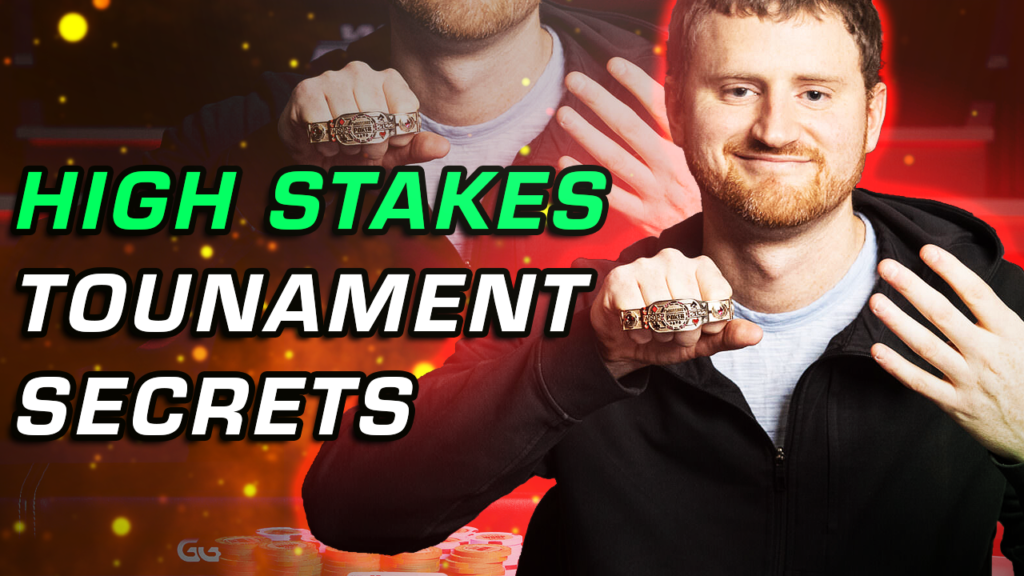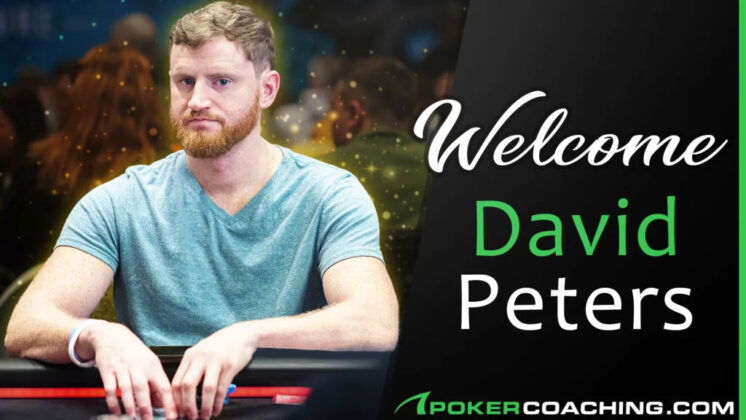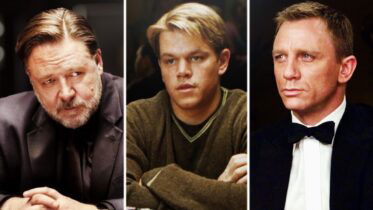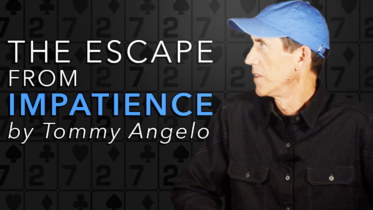In 2003, when Chris Moneymaker won the World Series of Poker main event, nobody could have possibly foretold the seismic effect it would have on all of poker. Certainly David Peters, a high-school student at the time, couldn’t have imagined how it would change his life. David was already watching the WSOP broadcasts on ESPN before 2003, but Moneymaker put the cherry on the sundae for him. For better or worse, David’s parents got him a nice poker chip set. He had many battles with his brothers on the kitchen table and played with friends all throughout Ohio as well. They learned what a “button” was, and what it meant to be “all-in.” Like all novice poker players, they quickly and painfully learned what “bad beat” means.
Now, more than two decades on, David Peters is one of the most successful poker tournament players in the world, and PokerCoaching is delighted to announce that he is joining our coaching roster.
“Moneymaker’s children” occupy a special place in the poker world, and we asked David about his relationship to his “cousins.”
“It’s definitely cool to see a bunch of people that just started watching poker on TV, and now two decades later still have that passion for the game. Poker has changed so much throughout the years so we’ve all kind of gone through the different phases together. Even the ones that have moved onto a different field, you still have a lot of memories of coming up together and battling in the early days, back when we were all just trying to figure out how to play.”
DP
Do you see differences between your generation of players, and both older and younger generations?
“The different generations definitely tend to have different styles. Older generations will often play very fast and make quicker decisions while mostly playing by feel. Players of “my” generation (Moneymaker’s kids) tend to be slower and more methodical. We’re more of a hybrid that mix between feel and theory. Not to say that older generations don’t adapt and apply different concepts as well, but it’s often just a different approach.”
DP
There’s also the younger generation – the “Children of the Sim,” if you will. People who played little or no poker before the solvers arrived. How are they different from the old-school (think Doyle Brunson) players and Moneymaker’s children?
Generally the new breed are more focused on being technically sound and taking in a lot of the different strategies that they see from the solvers. They may be more prepared to play against other players from similar backgrounds, but the older generation will have more experience with live elements such as physical tells, and just be more comfortable in the live arena in general. The older players will also have more experience playing against a wide variety of different types of players who don’t play like solvers, so they’ll all have different adjustments to make. Experience in a wide variety of different settings against a wide variety of different styles is definitely important, and I think that newer players sometimes struggle in that regard.
DP

David is getting ready to welcome a baby into his life, and any parent will be happy to tell him that there will be a bright line in his life between “before baby” and “after baby.” How does he plan to align his professional life with his new extraordinary role as “Dad?”
There will definitely be considerably less travel for a while and more focus on studying/coaching/online play when I am working, but we’re basically just going to go with the flow and see how we feel. It’s a new experience for both of us, so I’m not sure if I’ll even want to be traveling or playing much. Maybe wait until the baby is old enough to travel and then start to get back on the circuit a bit and take him with us.
DP
PokerCoaching wishes David and his fiancée Hayley the very best on their new journey as parents.
Most professional poker players ultimately find a different outlet for their energy and skills. We wondered what David would do if he weren’t a professional poker player, or what direction he might take later in life.
I would probably be doing something with finance. Maybe a trader or something but who knows? Whatever I would end up doing I would see myself having a similar mindset with poker and just constantly try to learn as much as I could and continually reach the highest levels that I could.
DP
As you can see, David Peters has a constant focus on improving himself and growing at whatever he’s doing. Right now, he’s competing at the very highest levels of poker, against the best, most studied players in the world. How do you find an edge in such a field?
It’s such a complex game with so many different situations and dynamics, that there’s always room for improvement. I am constantly trying to plug any leaks and work on all the different areas of my game. I also look for certain situations that seem to be under-studied by a lot of people. If I can work those nodes into my game, it puts my opponents in uncomfortable spots.
DP
Even some of the best in the world have certain areas that they’re lacking in – poker has no ceiling. I’m a much better player now than I was a year ago, and the me from a year ago was much better than the previous year. I plan to be much better one year from now than I am now, etc. There’s always room to get separation from other top players.
Let’s talk about teaching and coaching. This is a new direction for you, and a very different focus from improving your own game. What brought you here?
It will be cool to share so many of the things I’ve learned over the years, and give people of all skill levels insight into how I approach the game. I’ve always just been so hyper-focused on my own study, playing and traveling, but I’m looking forward to helping other people who are motivated and passionate about the game to get to the next level. I’ve been friends with Jon for a long time [Editor’s note: Jonathan Little is very much a child of Moneymaker] and have a lot of respect for what he and the rest of the PokerCoaching team have been doing. It seemed like a great fit.
DP

This sounds awesome – let’s get to some details. First, who is your student at PokerCoaching?
Anyone that’s hungry to get better and open-minded to different approaches and always looking to improve. Someone that’s going to focus on the “why” – to shift their thought process rather than just try to memorize different outputs.
DP
Today’s poker student is faced with a tension that didn’t even exist a decade ago. They see theoretical solutions to how the game “should” be played, but then the reality of their $2/$3 cash games and $200 tournaments is completely different. How can you help them navigate this cognitive dissonance?
There’s a time and place for different strategies. You can study theory to learn different things and fine-tune different parts of your game and just your thought process in general. That will prepare you more for players who are also doing a lot of this studying. But at lower stakes the main focus should be on having very strong fundamentals and making proper adjustments to the mistakes that the players are making. Knowing how and when to exploit those mistakes is more valuable than knowing what the solver would do, so I wouldn’t get too caught up in theory in those games.
DP
Take good mental notes of the strange plays that the players are making and just keep thinking about the best ways to counter that, and less time worrying about making fancy plays.
Good stuff, David, and thank you for your time. All of us at PokerCoaching are delighted to have you on the team, and look forward to learning from one of the top players in the world.



